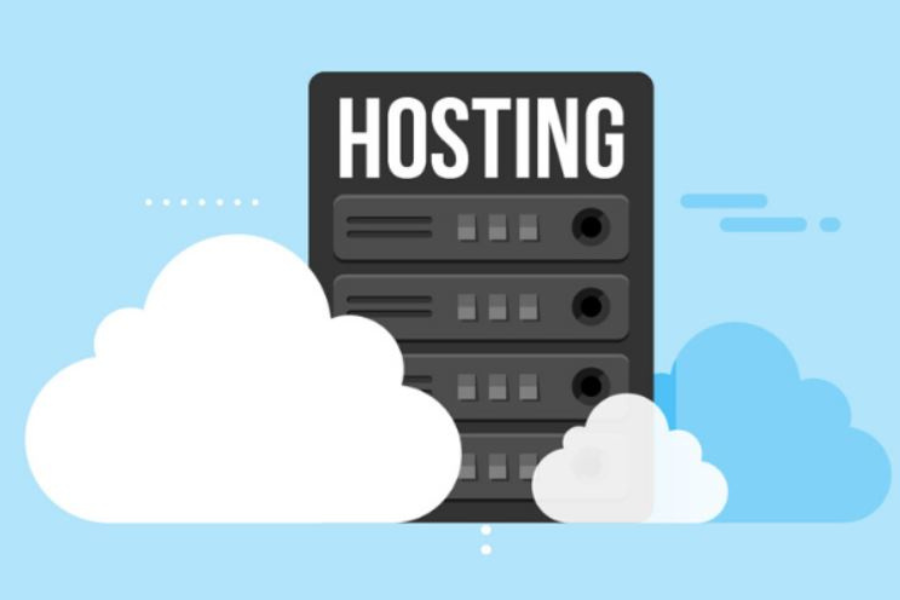A Comprehensive Guide to Web Hosting Types: Insights and Recommendations https://informetecnologia.com/blog/tipos-de-hosting-existen-actualmente
Introduction
Understanding web hosting is crucial for anyone looking to establish an online presence. With various hosting options available, choosing the right type can be challenging. This guide explores the different hosting solutions currently available, providing insights to help you make an informed decision for your website’s needs.
What is Web Hosting?
Web hosting is the backbone of the internet, offering the essential infrastructure that allows websites to be accessible online. When you opt for a web hosting service, you are essentially renting space on a server where your website’s files are stored and made available to visitors.
Why Choosing the Right Hosting Matters
The choice of hosting service has a significant impact on your website’s performance, security, and overall user experience. An inappropriate hosting option can lead to slow load times, frequent outages, and potential security vulnerabilities. For a detailed exploration of hosting types, visit our source for additional insights.
Types of Web Hosting Available Today
Here’s a detailed breakdown of the various hosting types to help you identify the best fit for your needs:
Shared Hosting
Overview:
Shared hosting is a popular and cost-effective option, particularly for beginners. It involves multiple websites sharing the same server resources, such as CPU, RAM, and bandwidth.
Pros and Cons:
Shared hosting is affordable and easy to manage. However, it may lead to performance issues if another site on the same server experiences high traffic. Security can also be a concern due to the shared nature of the server.
Ideal For:
Small websites, personal blogs, and low-traffic sites that do not require extensive resources.
Virtual Private Server (VPS) Hosting
Overview:
VPS hosting uses virtualization technology to divide a physical server into multiple virtual servers, each with its own allocated resources.
Benefits:
It offers improved performance, scalability, and security compared to shared hosting. Each virtual server operates independently, ensuring stable performance for your site.
Ideal For:
Medium-sized businesses, growing websites, and developers needing more control over their hosting environment.
Dedicated Server Hosting
Overview:
Dedicated server hosting provides an entire physical server dedicated solely to your website. This option offers top-tier performance, security, and customization.
Advantages:
It allows complete control over server configuration and resources, ensuring exceptional performance and reliability.
Ideal For:
Large companies, high-traffic websites, and applications requiring extensive resources and advanced customization.
Cloud Hosting
Overview:
Cloud hosting leverages a network of interconnected servers to host websites, providing high availability and scalability by adjusting resources based on demand.
Advantages:
It offers flexibility, reliability, and robust performance. The pay-as-you-go model can be cost-effective for many businesses, efficiently handling traffic spikes.
Ideal For:
Businesses with fluctuating traffic, startups, and organizations needing a scalable and resilient hosting solution.
Managed Hosting
Overview:
Managed hosting services take care of server management tasks, such as maintenance, security, and updates, allowing you to focus on your website’s content and business activities.
Advantages:
It provides expert support, enhanced security, and the reassurance that your server is well-managed.
Ideal For:
Businesses and individuals preferring to leave server management to experts, ensuring optimal performance and security without technical complexities.
Reseller Hosting
Overview:
Reseller hosting allows individuals or businesses to purchase hosting services in bulk and resell them to clients, making it a popular choice among web developers and designers.
Benefits:
It provides a revenue stream by enabling you to offer hosting services to your clients. Tools for managing multiple accounts and scalability are also included.
Ideal For:
Agencies, freelancers, and entrepreneurs looking to integrate hosting services into their offerings.
WordPress Hosting
Overview:
WordPress hosting is specifically designed for WordPress websites, featuring one-click installations, automatic updates, and enhanced security tailored to WordPress.
Advantages:
It offers optimized performance, strong security, and specialized support, addressing the unique needs of WordPress sites.
Ideal For:
Anyone running a WordPress site, from small blogs to large business websites.
Colocation Hosting
Overview:
Colocation hosting involves renting space in a data center for your own server hardware. The data center provides infrastructure like power and cooling, while you manage the server.
Benefits:
It offers substantial control and security along with reliable infrastructure. It’s a cost-effective way to access professional facilities without owning them.
Ideal For:
Businesses with in-house IT expertise and specific hardware needs, requiring extensive control over their server environment.
Self-Service Hosting
Overview:
Self-service hosting, or unmanaged hosting, requires you to handle server setup, configuration, and management. It provides the highest level of control but demands substantial technical expertise.
Advantages and Disadvantages:
While offering total control and customization, it requires advanced technical skills and is unsuitable for those without IT support.
Ideal For:
Developers, IT professionals, and businesses with dedicated technical teams needing complete control over their hosting environment.
Key Considerations When Choosing a Host
Performance and Uptime:
The performance of your website affects user experience and search engine rankings. Choose a hosting provider that guarantees quick load times and high uptime.
Security Features:
Strong security measures are essential to protect your website from threats. Look for hosting services that offer firewalls, SSL certificates, and regular backups.
Scalability Options:
As your site grows, your hosting needs will evolve. Opt for a provider that offers scalable solutions to accommodate increased traffic and resource demands.
Customer Support:
Reliable customer support is crucial for resolving issues swiftly. Choose hosting providers with 24/7 support and various contact methods, such as live chat, phone, and email.
Pricing and Value:
While cost is an important factor, evaluate the value you receive for your investment. Seek hosting plans that balance features, performance, and affordability.
Conclusion
Selecting the right hosting type is vital for your website’s success. By understanding the different hosting options and evaluating factors like performance, security, scalability, and support, you can make an informed choice that meets your needs. Whether you’re running a small personal blog or managing a large enterprise, there is a hosting solution tailored for you.
Stay in the know with the latest news and updates on Cnbcblog.com






